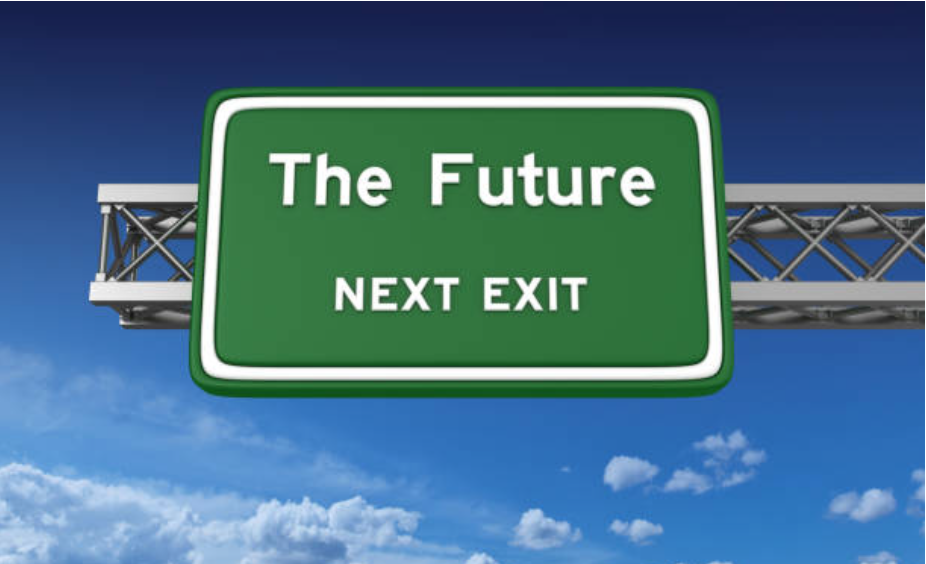CommentsSPECIAL TO CALBUZZ--California’s history has been defined by visionary public works, from the world’s largest port to the nation’s first freeways to pioneering aqueducts to best in class public universities.
The digital revolution has transformed countless industries yet, by and large, a time traveler from the 50’s would find the operational practices of California government strangely familiar.
Nothing equal to the development, over a century ago, of professional water utilities or universal public schooling — institutions that implemented nearly ubiquitous access to clean water and essentially eradicated illiteracy in America — has been developed for the digital era.
California can and should lead the world in building the great public works of our era — public technology that tackles our big challenges as a state.
During the gold rush, the Argonauts were those traveled by ship from every corner of the world to take their chance in the fields. Today California government can and should hire the best– to set a new standard of excellence in public service.
Gas tax and the future. The current debate about the gas tax offers an illuminating example. The reality is that superficially both the left and right are right about the gas tax but, at a deeper level, completely wrong. Yes, we do need more funding to fix our roads and yes, we do need more efficient management of those funds.
The harder truth is that neither the gas tax funding nor the efficiencies being debated are nearly enough to fix California’s $137 billion road maintenance deficit. The scariest thing about that number is that it’s only a coarse estimate; the true size of our problem is unknown.
The quality of California’s roads is assessed through a cargo cult of obsolete standards from the seventies. Cities often don’t even measure their own street quality, instead hiring a consultant to guesstimate the conditions of their roads based on neighboring cities.
Even measuring the actual conditions falls short.
Often cities will hire consultants to literally eyeball street quality via “windshield surveys” — aka driving around. The current leading practice of using military grade lasers to measure street smoothness suffers from multi-year lags and does not account for bike lane infrastructure, a growing need in California’s cities.
The image below shows a bit of the bike path I take to work that the City of Los Angeles rated as “good.”
The Cambrian explosion in low cost sensors highlights the opportunity for California to pioneer new approaches to managing our city streets. The simple GPS, accelerometer and camera technology available in every smartphone provides the foundation to see the literal ground truth.
 Transformation needed. The question is whether we will have the creativity and courage required to modernize how our government operates and leverage that digital technology. A group of leading public technologists and myself have articulated a set of Principles that highlights the immense opportunity to improve how basic public services are delivered.
Transformation needed. The question is whether we will have the creativity and courage required to modernize how our government operates and leverage that digital technology. A group of leading public technologists and myself have articulated a set of Principles that highlights the immense opportunity to improve how basic public services are delivered.
Regardless of your political persuasion, we all benefit from quality roads and every human needs access to clean water. Realizing that potential acquires an urgency given the civilization-scale calamities we face. Governor Brown put the situation pointedly in his 2018 state of the state address.
“Our world, our way of life, our system of governance — all are at immediate and genuine risk. Endless new weapons systems, growing antagonism among nations, the poison in our politics, climate change. All of this calls out for courage, for imagination and for generous dialogue.”
The world urgently needs a symbol of hope, a leading example of how openness to new ideas and new people from new places is critical for a successful society. California can and should lead on global challenges like climate change. Yet our big public problems in road repair, housing and innumerable other areas highlight the urgency of getting our own house in order.
The New Frontier. Those basic problems also highlight the new frontier.
Today more than just material riches, California can lead a gold rush in good government, taking early heroic public technology work started by the Obama administration and cities across the country to the next level. Many interests vested in the status quo will complain. Modernizing obsolete public institutions will involve lots of turf wars and conflicts with parochial bureaucratic tribes.
California at its best has always been about its common future, the belief that here a better life is possible for everyone. Living up to that dream, we should be willing to pioneer the next chapter in California history with the boldness of our ancestors. Please join the discussion on the Principles with the courage, imagination and generous dialogue that future deserves.
(Patrick Atwater is the Executive Director of Applied Research in Government Operations (ARGO), a public data infrastructure nonprofit who’s big claim to fame is delivering California’s first ever measurements of Governor Brown’s historic new water efficiency legislation. He can be found online @patwater. This piece was posted most recently at CalBuzz.)
-cw
















